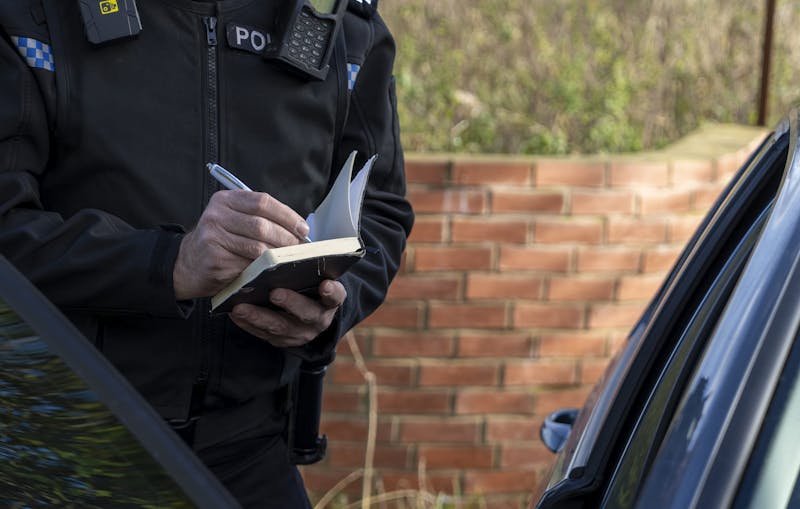
Being pulled over is a scary experience. In many cases, the interaction between the driver and officer is very brief. A police officer may just issue a warning or a ticket, and the driver is free to go. In other cases, the situation is much more serious and the officer may tell the driver they want to search the car. When this is the case, it is important to remain calm and know what to do so you do not forfeit your rights.
The Fourth Amendment and Vehicle Searches
Under the Fourth Amendment, you have the right to be protected from unlawful search and seizures. This applies to vehicles too, but the rights that protect drivers in these cases are slightly different than they are when an officer wishes to search another location, such as a home. During a traffic stop, officers do not have the time to get a warrant from a judge to search your car.
Due to this, a police officer can search a vehicle without a warrant, but only if they have probable cause that the driver has committed a crime, or is about to commit a crime. For example, if an officer smelled marijuana when they spoke to the driver, that is probable cause to search the vehicle. When a police officer asks to search your vehicle, regardless of whether they have probable cause, it is very important that you understand what to do.
Dealing With Officers During a Search
First and foremost, you should always have your driver’s license, registration, and insurance information in a known spot that is easy to access. Searching your vehicle for these documents and becoming flustered may only lead the officer to suspect that you are impaired or that something is off.
If the officer does not have probable cause to search your vehicle, they may ask you for your consent. They are hoping that your nervousness and fear will prompt you to provide consent, and it often works. An officer that has the driver’s consent to search the vehicle may continue with a search, even if they do not have probable cause.
Police officers will also ask drivers if they have been drinking, if they have drugs on them, or if they have any other reason to believe they may be in trouble. Again, the officer is hoping that the driver will volunteer this information and often, drivers do. It is crucial to know that you are not under any obligation to answer these questions and if you do, it could lead to a search. Instead, simply ask the officer if you are under arrest or if you are in trouble. You cannot lie to the police, but you do not have to directly answer their questions, either.
Officers also sometimes continue on with a search anyway, even if they do not have probable cause. In these cases, it is best to allow them to conduct the search. A lawyer can later establish that it was an unlawful search and have any evidence obtained during that search thrown out of court.
Did Police Unlawfully Search Your Car? Our Florida Criminal Defense Lawyers can Help
Police officers have the right to do many things when doing their job, but they cannot search your car without probable cause. If you believe you were the victim of an unlawful search and are now facing charges, call our Orlando criminal defense lawyers at O’Mara Law Group. We know how to prove that a search was conducted illegally to help you beat the charges. Call us today at (407) 634-6604 or contact us online to learn more about how we can help with your case.

